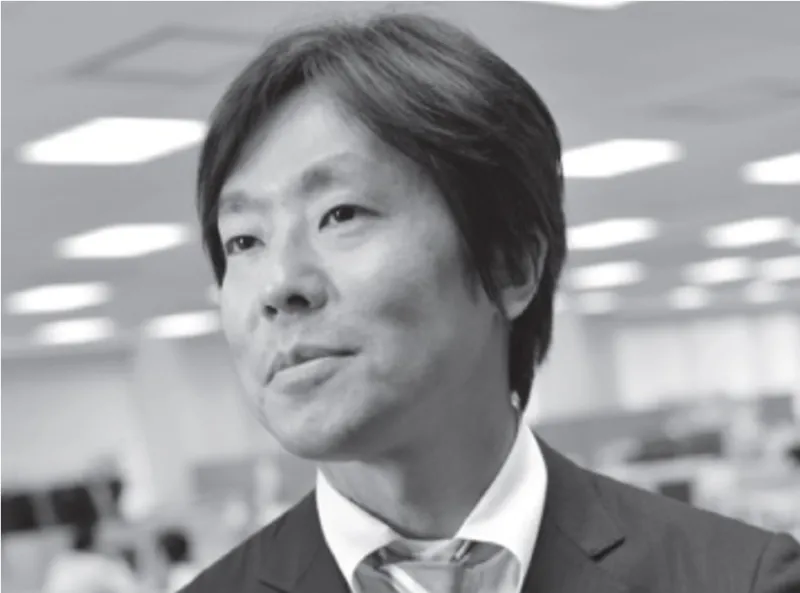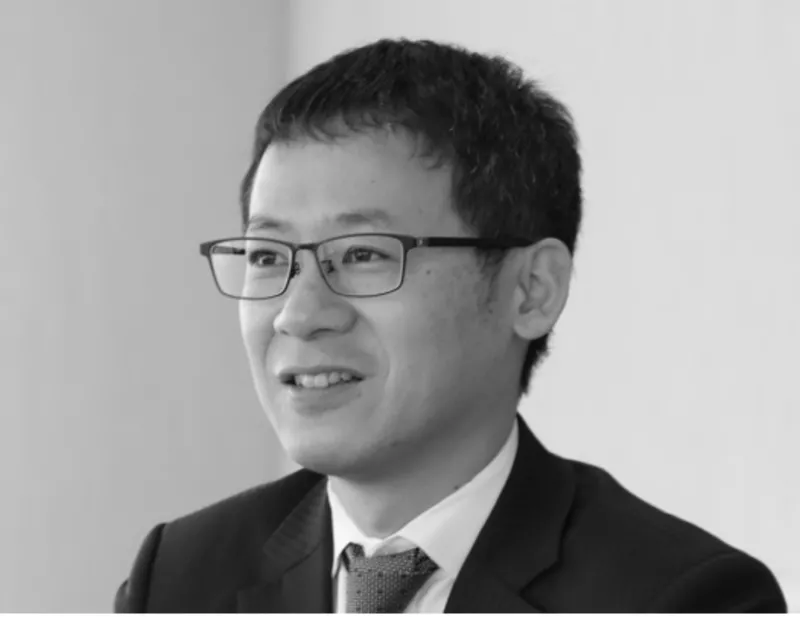
The Japanese small cap market is frequently overlooked by mainstream investors. We believe that superior research coupled with a true understanding of Japanese small caps can generate consistently better returns than other asset classes.
Key facts
Investment Objective
The strategy aims at long term capital growth through a robust investment process focusing on “upside potential” and “change in earnings trend”
Fund Size
USD 40.9 million as of January 2025
Launch Date
4th April 2013
Base Currency
JPY
Investment Method
Bottom-up, research intensive
Fund Domicile
Luxembourg
Lead ISINs
Class B JPY - LU2869556659, Class A JPY - LU2869555925
Performance
The fund aims at long-term capital growth through a robust investment process focusing on “upside potential“ and “changes in earnings trend” of companies in the Japanese small cap market which are often overlooked and is an inefficient market. We construct a portfolio by selecting stocks through intensive bottom-up research.
Please refer to the prospectus of the Fund and to the key information document (“KID”) and do not base any final investment decision on this communication alone. Your Capital is at risk. Past performance does not predict future returns. Complete information on the risks of investing in the Fund are set out in the Fund’s prospectus. The Fund’s return may increase or decrease as a result of changes to investment performance as well as foreign exchange rates.
Fund performance prior to 15 November 2024 is that of the Class B JPY Accumulation of the Japan Small Cap Fund (an Irish authorised unit trust), which merged into this fund on 15 November 2024. Tax rates and charges may differ.
Japan Small Cap Fund is Actively Managed: The policy of the Fund is not to track performance against any index. The benchmark is used as a reference for performance measurement only, and not used to determine the composition of the Fund.
Managers & Analysts

Satoshi Marui has been managing the Japan Small Cap Strategy since its inception in 2005. As Chief Portfolio Manager dedicated to this strategy, he is responsible for the direct management of the fund, and also covers the Service, Information & Communication and Real Estate sectors.
Satoshi Marui has been managing the Japan Small Cap Strategy since its inception in 2005. As Chief Portfolio Manager dedicated to this strategy, he is responsible for the direct management of the fund, and also covers the Service, Information & Communication and Real Estate sectors.
Satoshi was promoted to Portfolio Manager of Japanese Equities after gaining experience as Risk Manager of Japanese equities and Fixed Income Portfolio Manager. He has been with the firm since graduating from Osaka Prefectural University in 1988 with a BSc in economics. He is a Certified Member of the Securities Analysts Association of Japan.

As a Portfolio Manager of Japan Small Cap Strategy, Yoshifumi is responsible for the Chemicals, Foods, Automotive, Textile & Apparels, Ferrous and Nonferrous Metals, Logistics, and Food service sectors.
As a Portfolio Manager of Japan Small Cap Strategy, Yoshifumi is responsible for the Chemicals, Foods, Automotive, Textile & Apparels, Ferrous and Nonferrous Metals, Logistics, and Food service sectors.
He has been involved in active Japanese equity strategies since 2005 as an analyst and portfolio manager. He was a Portfolio Manager of this strategy for 2 years from 2010 and was responsible for the growth strategy from 2012 to 2014. Yoshifumi has a BA in economics from Seikei University and is a Certified Member of the Securities Analysts Association of Japan.

As a Portfolio Manager of the Japan Small Cap Strategy, Kazumi Ueda is responsible for the Electric Appliances, Machinery, Precision Instruments, Grass & Ceramics, Construction sectors.
As a Portfolio Manager of the Japan Small Cap Strategy, Kazumi Ueda is responsible for the Electric Appliances, Machinery, Precision Instruments, Grass & Ceramics, Construction sectors.
Since joining the firm in 1997, he gained experience in various areas of business, including three years as a Trader in Equity Department where he was involved in setting up a new group. Kazumi also has experience as Global Equity Portfolio Manager. He holds a BSc in Economics from Nagoya University and is a Certified Member of the Securities Analysts Association of Japan.

Kenji Soejima joined the firm in 2019 as a Portfolio Manager of the Japan Small Cap Strategy. Kenji is responsible for the Pharmaceutical, Financials and Real Estate sectors.
Kenji Soejima joined the firm in 2019 as a Portfolio Manager of the Japan Small Cap Strategy. Kenji is responsible for the Pharmaceutical, Financials and Real Estate sectors. Before joining the team, he was a credit analyst and a Japanese small cap portfolio manager for 12 years in total at an asset management firm in Japan.
During his time as a portfolio manager, the small cap strategy he was involved in won numerous awards and prizes. Kenji has a MS in Biophysics from Kyoto University and is a Certified Member of the Securities Analysis Association of Japan.

As a Portfolio Manager of the Japan Small Cap Strategy, Ryotaro Nakanishi assists the team with research as well as portfolio construction.
As a Portfolio Manager of the Japan Small Cap Strategy, Ryotaro Nakanishi assists the team with research as well as portfolio construction. Before joining the team, he has experienced various roles such as a risk manager for SuMi TRUST AM’s funds/portfolios and a product manager for product development/promotion at the Business Planning Department. Ryotaro has a BA in Business Administration from Kobe University and is a Certified Member Analyst of the Securities Analysts Association of Japan (CMA).
Risk Information
UCITS Risk Profile
The Synthetic Risk and Reward Indicator (SRRI) is designed to provide a consistent calculation and presentation of risk information for all UCITS funds. The SRRI is a numerical scale between 1 and 7; with 1 meaning low risk/reward and 7 a higher level of risk but with potential for a higher level of return.
- This Fund is ranked at 6 because funds of this type have experienced high rises and falls in value in the past. Although this is a high risk ranking it is not the highest.
- Please note that even the lowest risk ranking can lose you money and that extreme market circumstances can mean you suffer severe losses in all cases. This indicator does not take into account the following risks of investing in this Fund:
- Investing mainly in the Japanese market means that investors in the Fund are exposed to the movements of that one particular economy.
- Changes in currency exchange rates can cause the value of the investment to fall or rise.
- Smaller company shares may be riskier as they can be more difficult to buy and sell and their share prices may move up and down more than larger companies.
- Please refer to the Risk Factors section of the prospectus for more information.
PRIIPS Performance Scenarios
What you will get from this product depends on future market performance. Market developments in the future are uncertain and cannot be accurately predicted. The unfavourable, moderate, and favourable scenarios shown are illustrations using the worst, average and best performance of the product/benchmark over the last 5 years. Markets could develop very differently in the future. The stress scenario shows what you might get back in extreme market circumstances.
The figures shown include all the costs of the product itself, but may not include all the costs that you pay to your advisor or distributor. The figures do not take into account your personal tax situation, which may also affect how much you get back.



